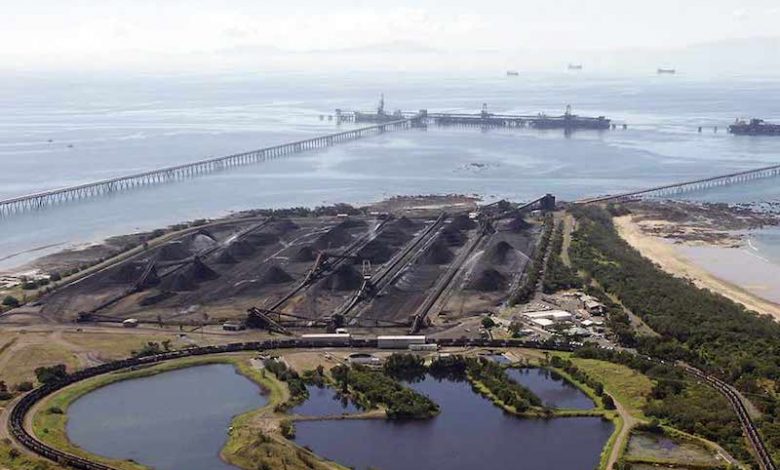China extends import restrictions on Australian coal

Adding to dry bulk’s woes, China is believed to have imposed import restrictions for Australian coal to a number of key ports in the country’s northeast, in a move to shed domestic coal capacity and boost domestic coal prices.
Last year, China imposed similar coal import restrictions at several ports on its southeast coastline.
Australia has traditionally been the largest coking coal exporter to China. According to Australian national broadcaster, ABC, China’s recent restrictions on coal imports have resulted in dozens of vessels carrying Australian coal wandering near China’s coastlines, waiting for further instructions.
Tania Constable, CEO of the Minerals Council of Australia, told ABC that companies were deeply concerned about the restrictions and the uncertainty of when they would be lifted.
“We believe an unofficial quota system has been employed since the restructure of customs and quarantine administrative arrangements in October 2018,” Constable said.
When contacted by Splash, an official at Dalian Port said the port has not received any orders from the government regarding the coal import ban.
China has been facing serious overcapacity issues in the coal sector and the government has been making efforts to shed capacity including shutting down coal mines and curbing coal imports.
Data from China Customs shows China imported 281.2m tons of coal in 2018, a year-on-year growth of 3.9%, a notable drop from a year-on-year growth of 6.1% in the previous year.
China’s largest coal port, Qinhuangdao, made a decision last year to transform into a tourism and container port and relocate its bulk operations to nearby ports in Hebei.
“Although no formal policy has been announced, rumours are circulating that the restrictions may be a possible fallout from the US-China trade war and the recent troubles involving Chinese technology group Huawei. Australia has banned Huawei from involvement in telecommunications in the country,” analysts at Alphabulk noted in their most recent weekly report.
Alphabulk reckons a ban or restrictions on Australian coal could have a significant impact on the coking coal market, with Australia and Mongolia representing 45% and 40% respectively of Chinese imports.
Martine Rowe, managing director of brokers Clarkson Asia Hong Kong, argued the ban is not strictly speaking correct.
“The China customs authorities in the ten ports affected are certainly exercising more vigorously their powers of inspection to check cargoes – these are powers they already hold. Clearly there is delay and disruption at these ports at the present time contributing to overall recent negative sentiment in the dry bulk market. However, it remains to be seen how long the Chinese customs authorities will keep this up,” Rowe said.
Rowe said a total Australian coal import ban would not be in China’s best interests for a variety of reasons. Firstly, imported coal assists to reduce China’s international trade surplus. Secondly, the importation of Australian coal – both steam and metallurgical – has contributed to a steep reduction in domestic mining accidents in China in recent years. Finally, Rowe said Australia is a friendly trading partner of China, as well as an ally of the US.
“To tug on America’s tail by punishing Australia at a time of sensitive trade negotiations could have broader negative consequences,” Rowe said, adding that various observers are of the opinion that this is a temporary disruption and some speculate it is a bargaining chip in US-China trade talks.
“Taking a holistic view of 2019 we feel steam coal imports overall won’t drop too much and that China’s Australian coal imports in 2019 may be broadly similar to 2018,” Rowe concluded.
The uncertain news on Australian coal shipments adds to the perfect storm that has engulfed dry bulk shipping in the first couple of months of the year, which has seen the Baltic Dry Index slide recently to below 600 points.
SSY Consultancy & Research said in a release last week that there are a “multitude of major uncertainties” at present for the short-term trade outlook. These include the implications for iron ore trade from last month’s tragic dam burst in Brazil and the subsequent temporary halt to production at some of Vale’s mines, the distortion of typical soya bean trade flows from the US-China trade war, as well as the aforementioned Chinese appetite for imported coal.
